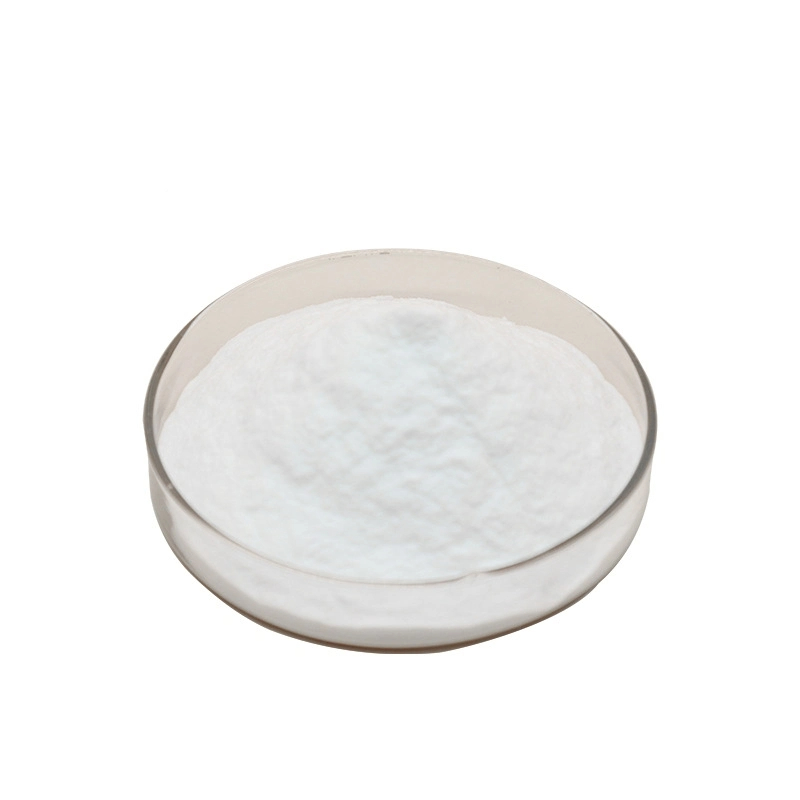



pool water additive
The Benefits of Pool Water Additives
Maintaining a clean and safe swimming pool is a priority for pool owners, especially during the hot summer months when the pool is frequently used. One of the most effective ways to ensure that your pool remains in optimal condition is by using pool water additives. These products serve various purposes, from enhancing water clarity to promoting sanitation and protecting pool equipment. In this article, we will explore the different types of pool water additives, their benefits, and how to use them effectively.
Understanding Pool Water Additives
Pool water additives are chemical treatments designed to improve water quality and maintain the ideal swimming environment. They can be broadly categorized into several types, including algaecides, clarifiers, stabilizers, and pH balancers. Each type of additive serves a specific function, which is essential for keeping the pool clean and safe for swimmers.
1. Algaecides Algae growth is a common problem in pools, especially when the water is warm. Algaecides are designed to prevent and eliminate algae blooms. Regular use of algaecides not only keeps the pool looking inviting but also helps maintain water balance, making it less likely for algae to thrive.
2. Clarifiers Over time, pools can become cloudy due to suspended particles and debris. Clarifiers work by coagulating these tiny particles, allowing them to clump together and be easily filtered out of the water. This results in clearer and more aesthetically pleasing water. A clear pool not only enhances the swimming experience but also makes it easier to spot any potential issues.
3. Stabilizers Cyanuric acid, commonly known as a stabilizer, is used in outdoor pools to protect chlorine from being degraded by sunlight. Without a stabilizer, chlorine can dissipate quickly, leading to inadequate sanitation. Adding the appropriate amount of stabilizer ensures that your pool's chlorine levels remain effective for a longer period, thus reducing the frequency and cost of chlorine replenishment.
pool water additive

4. pH Balancers The pH level of pool water is crucial for swimmer comfort and equipment longevity. If the pH level is too high or too low, it can lead to skin irritation, red eyes, and damage to pool surfaces and equipment. pH balancers help maintain a neutral pH level (around 7.4 to 7.6), creating a more enjoyable swimming experience and preventing corrosion or scaling.
The Importance of Proper Usage
While pool water additives can significantly enhance the quality of your pool water, it is essential to use them correctly. Follow the manufacturer's instructions regarding dosage and application frequency. Overuse of additives can create imbalances in water chemistry, leading to undesirable results. Regular testing of pool water is crucial to determine the right amount and type of additives needed.
Additionally, understanding the specific needs of your pool is vital. For instance, pools in sunny areas may require more stabilizers, while those that frequently suffer from algae blooms may benefit from regular use of algaecides. Adapting your maintenance routine to your pool's unique environment will yield the best results.
Conclusion
In summary, using pool water additives is an effective way to maintain pristine water quality and ensure a safe swimming environment. From preventing algae growth to clarifying cloudy water, these additives play a significant role in pool maintenance. By understanding the various types of additives available and using them correctly, pool owners can enjoy fresh, clean, and inviting water all season long. Embracing proper pool care not only enhances the swimming experience but also extends the life of the pool and its equipment, making it a worthwhile investment for any pool owner.
-
Why Sodium Persulfate Is Everywhere NowNewsJul.07,2025
-
Why Polyacrylamide Is in High DemandNewsJul.07,2025
-
Understanding Paint Chemicals and Their ApplicationsNewsJul.07,2025
-
Smart Use Of Mining ChemicalsNewsJul.07,2025
-
Practical Uses of Potassium MonopersulfateNewsJul.07,2025
-
Agrochemicals In Real FarmingNewsJul.07,2025
-
Sodium Chlorite Hot UsesNewsJul.01,2025










